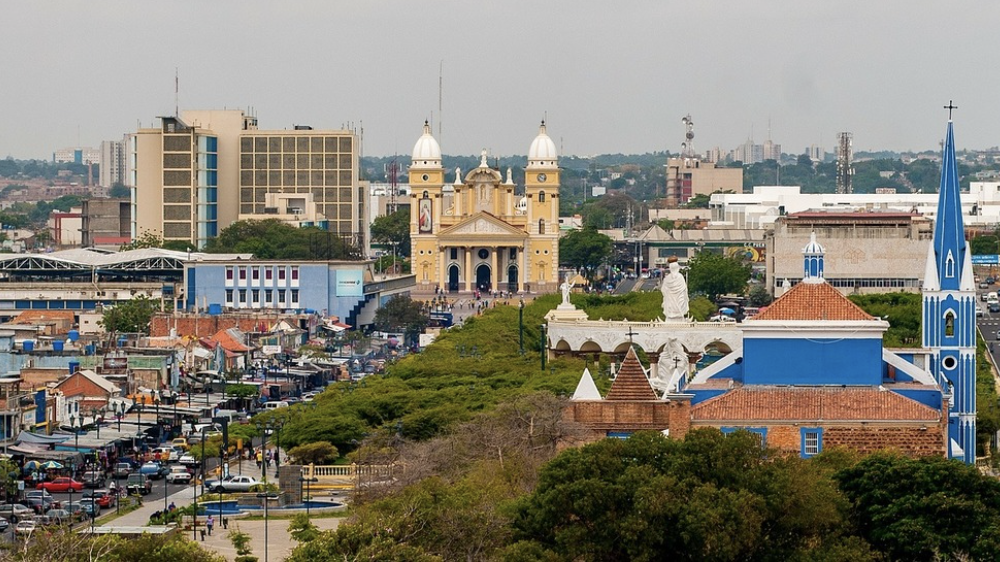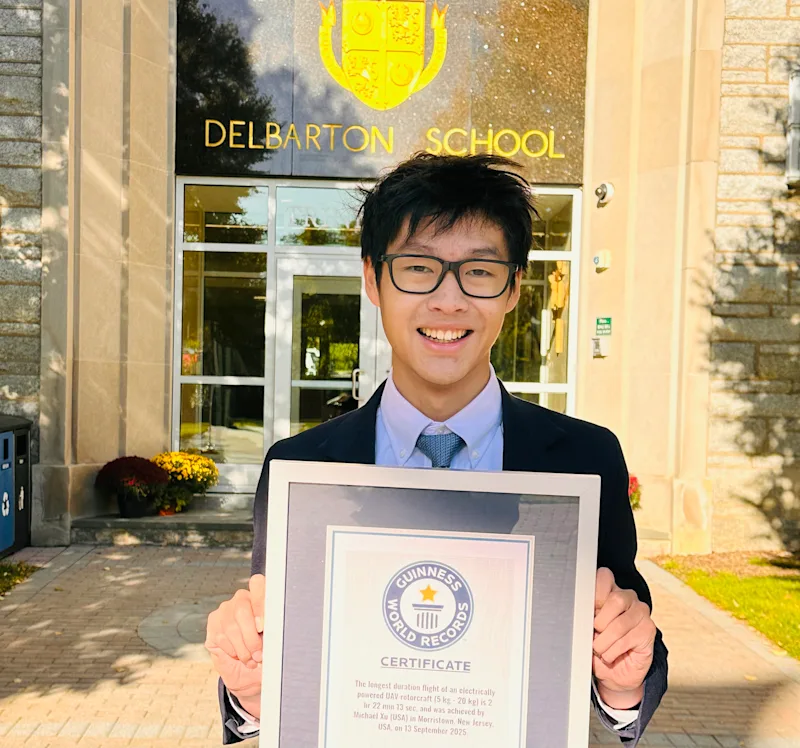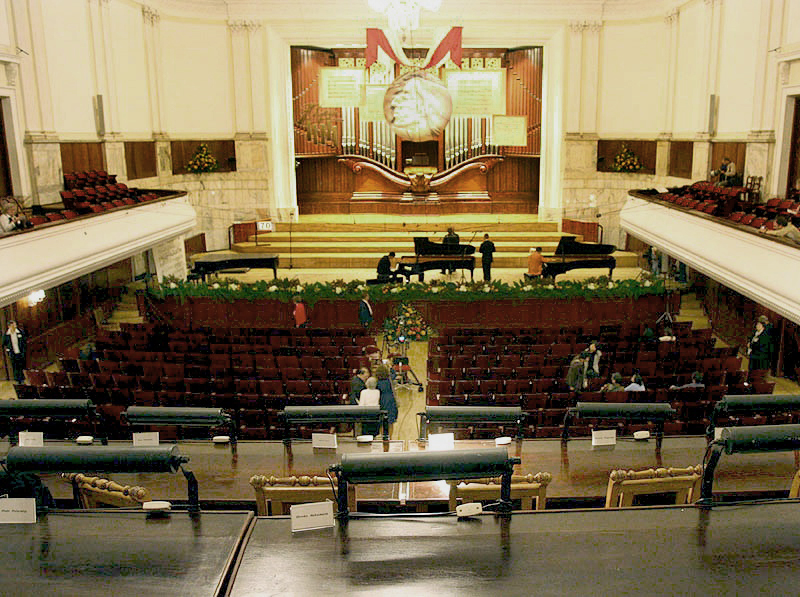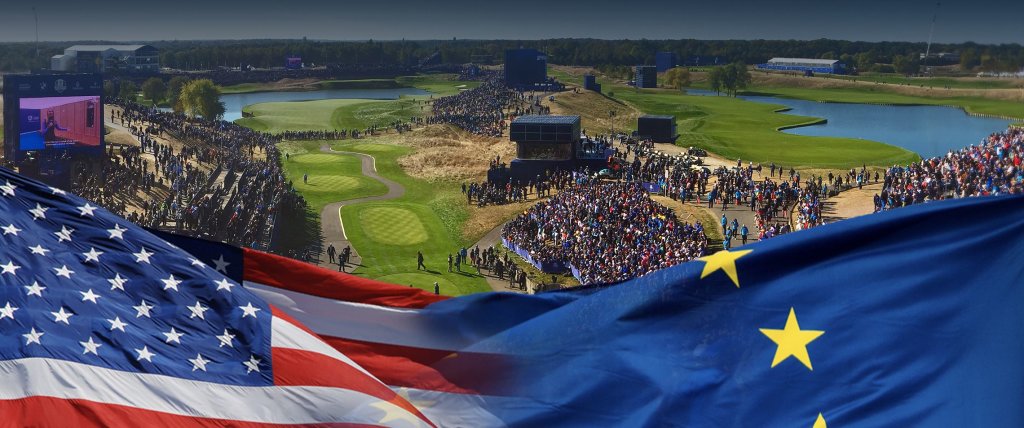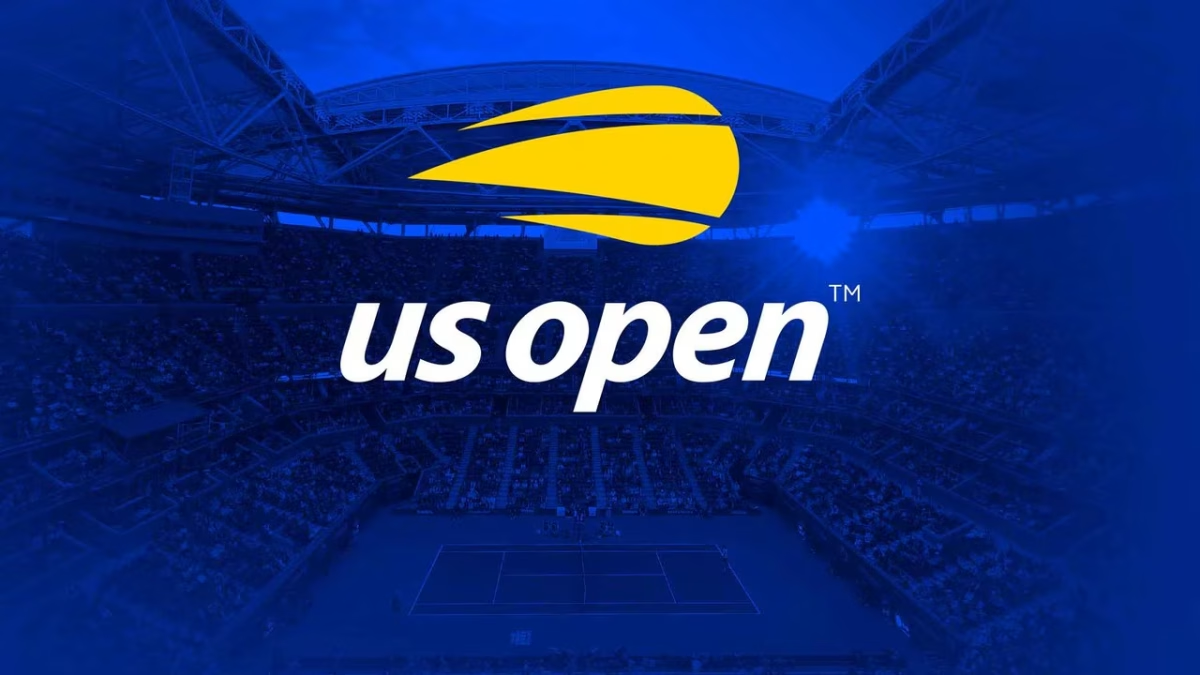Taylor Swift vs TicketMaster
Anti-Trust Litigation Looms for Ticket Selling Giant.
November 29, 2022
The feud between TicketMaster and Taylor Swift recently reared its head again, with the pop star publicly condemning the ticket reselling service. The dispute began in 2015 when TicketMaster sold tickets to the U.S leg of Swift’s World Tour at a marked-up price. Although these seats were designated as “verified resale,” fans complained that they were being charged hundreds of dollars over face value by scalpers who would have otherwise been blocked from buying them through more traditional means.
With fans desperate to score tickets, it was TicketMaster that provided an authoritative platform where users can buy the tickets they wanted easily and securely. For years, the pairing of Taylor Swift tours and TicketMaster served as a mutually beneficial relationship – that is until recently. When fans were disappointed by their latest ticket purchase due to ‘ticket bots’ that snagged most of the tickets, leading to exorbitant resale prices; Swift decided to take action. In seeking solutions outside of TicketMaster, Taylor Swift has opened up a window for alternative streaming platforms and computer developers working towards creating anti-scalping software in order to ensure fairness behind ticket sales.
TicketMaster has long been viewed as a monopoly in the entertainment ticketing industry. The ticket broker has been accused of using unfair practices, such as the usage of exclusive contracts and excessive service fees, in order to minimize competition and keep its prices high. This unfairly restricts the areas where fans can purchase tickets and limits their ability to choose from competing sellers, meaning that TicketMaster often remains the only viable option. In addition, there are concerns that Ticketmaster invests little in innovation, relying on old technology and customer service policies to remain competitive and further entrench themselves as the industry leader. What’s more, by denying access to independent ticket sellers who could possibly offer lower prices or more perks to customers, this inhibitor of competition leaves beleaguered consumers with few or no options for purchasing most event tickets other than through TicketMaster’s site.
In sum, TicketMaster’s stranglehold on competition has left key aspects of the entertainment industry at a standstill — proving it is still an undeniable factor in today’s marketplace. There is now an urgent call for government regulators to assess whether existing rules are truly sufficient when leveraged against such corporate giants as Ticketmaster and its subsidiaries like LiveNation who merged with TicketMaster in 2009. Introducing policies that challenge their current market dominance and spur competition would help alleviate consumer frustration over excessive costs—and provide an avenue for smaller players and outlets to potentially benefit from competitive practices rather than struggling under oligopolistic conditions. Only then will consumers feel valued as customers, eroding this monopoly once-and-for-all while also breathing new life into the ticket pricing market.
Although the partnership between Taylor Swift and TicketMaster has been a long time staple for both sides involved, their impending separation appears likely due to recent controversies surrounding ticket sale fees and scalpers unfairly profiting from lottery entry fees. Ultimately, if an agreeable solution is unable to be reached sooner rather than later between Swift and TicketMaster, both respective parties will have no choice but to part ways for good. As such it remains unclear as of yet how this unfolding saga between a music icon and one of the leading firms in concert entertainment will come to resolve itself moving forward – however one thing is certain: whatever happens with TicketMaster vs Taylor Swift is certain make a few headlines along the way.
